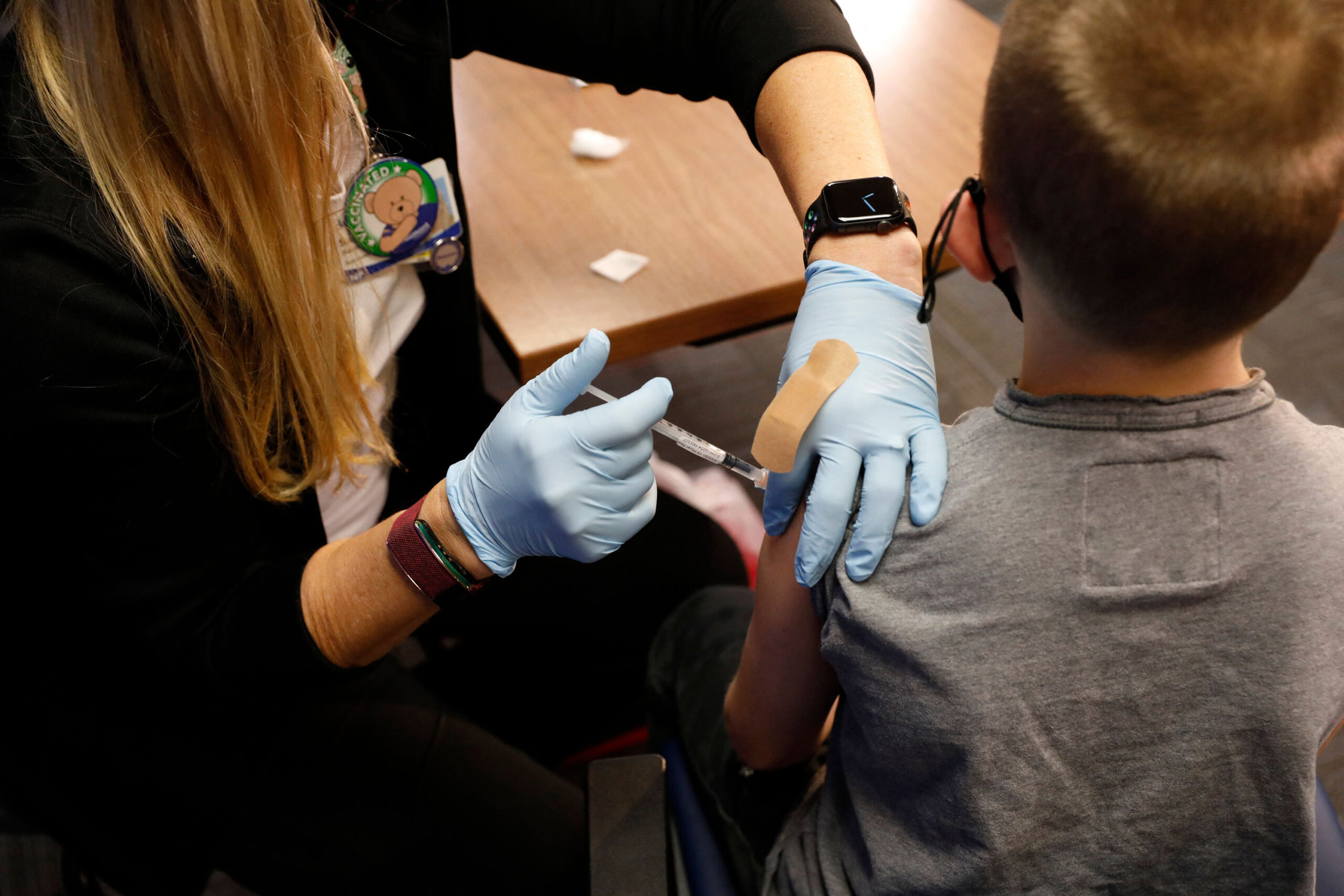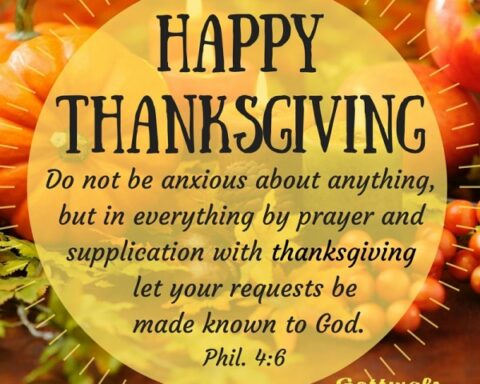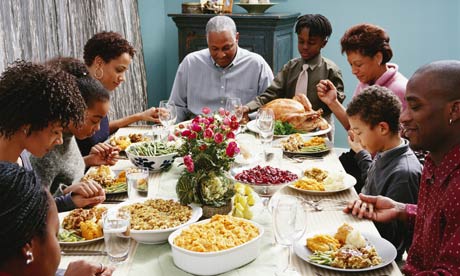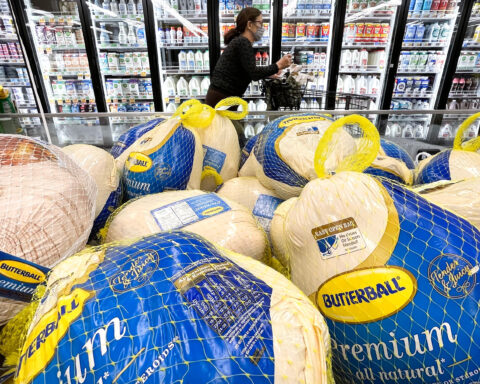As children ages 5 to 11 years old began receiving the Covid-19 vaccine last week, families across the country have been breathing a great sigh of relief. Their younger kids will soon be much better protected against the coronavirus.
But will it be in time for Thanksgiving? Will we be able to get together more easily because more kids are vaccinated? What precautions should we take? What if travel is required? And what about the kids who are too young to be vaccinated?
I spoke with our expert, CNN Medical Analyst Dr. Leana Wen, who is an emergency physician and professor of health policy and management at the George Washington University Milken Institute School of Public Health. She is also author of a new book, “Lifelines: A Doctor’s Journey in the Fight for Public Health,” and the mother of two young kids.
CNN: I have heard from many parents who are so relieved their 5- to 11-year-old children can get the Covid-19 vaccine. Has that been your experience, too?
Dr. Leana Wen: Relief, for certain, because so many parents have been worried about their children being exposed to the coronavirus at school. Parents have also been concerned about their own exposure at work, and inadvertently bringing back Covid-19 to their kids. A lot of families are making plans for what they will soon be able to do, once their entire household is fully vaccinated.
There is a lot of envy, too! Envy from families like mine, with children under the age of 5 who still are not eligible yet. And there are still a lot of families that haven’t yet gotten appointments for their children, because these have been filling up fast. More sites will be providing the vaccine for younger children soon, and I expect it will be a matter of weeks before every child that wants a shot can get easily get one.
CNN: Can families relax over Thanksgiving once their kids are vaccinated?
Wen: Once the entire household is fully vaccinated, it would certainly be reasonable to resume many more activities and get back to something closer to pre-pandemic normal. A reminder, though, that fully vaccinated for the Pfizer-BioNTech vaccine, which is what’s authorized for children, means two shots, separated by at least three weeks, followed by two more weeks to allow for optimal antibody production.
Given that the vaccine for 5- to 11-year-olds was just made available last week, these younger children are not going to be fully vaccinated in time for Thanksgiving. (The one exception will be the kids who were enrolled in the clinical trial who got the vaccine.)
Most children who are getting their first doses now will have partial protection by Thanksgiving. I would not recommend that they behave as if they were fully vaccinated. Continue to exercise caution for the time being, especially because they are so close to being fully vaccinated.
CNN: Does that mean families with younger children can’t get together over Thanksgiving?
Wen: No, not at all. It just means that parents shouldn’t consider their kids fully vaccinated if they’ve only had one shot. Families with partially vaccinated kids need to continue taking additional precautions.
If lots of people are getting together, especially with other unvaccinated people, the safest thing to do is to gather outdoors. If an indoor gathering is planned, I would advise that everyone reduce their risk and essentially quarantine for at least three days ahead of the get-together, and then get a Covid-19 test the day of the gathering. An over-the-counter, rapid antigen test is fine for this purpose.
CNN: For those three days, what if kids have to go to school and adults have to go to work?
Wen: It’s hard for everyone to stop their lives prior to the get-together. I’d encourage people to do their best to reduce their risk in that period. People going to school and work where they will be around others of unknown vaccination status should wear high-quality masks when they are indoors. Do not go to crowded indoor bars or restaurants, or get together with other people, indoors, during that period.
This method, of reducing risk then testing, isn’t going to prevent all Covid-19 cases. At this point in the pandemic, most people are not aiming to eliminate all risk, but to reduce risk enough that we can bring back activities in our lives that are really important. That includes seeing loved ones over Thanksgiving.
CNN: Should adults try to get their booster shots before Thanksgiving, if they are eligible? Would that also help to protect children?
Wen: Adults who are recommended for booster shots should get their boosters by November 11 to protect themselves in time for Thanksgiving Day festivities. Studies show that boosters increase antibody levels and reduce the likelihood of breakthrough infections, so getting a booster before get-togethers over the holidays will help protect that person, and probably also those around them, too.
CNN: What advice do you have for families who need to travel over Thanksgiving?
Wen: Wear a high-quality mask when in indoor, public places. An N95, KN95 or KF94 are best. Try not to remove your mask, except for short sips of water. For younger children or individuals who need to eat more often, try to find a location away from others while eating.
CNN: A lot of families have children of mixed vaccination status — some kids who are fully vaccinated, others who are just getting their first shots, and those still too young to get the vaccine. How should they handle the upcoming holidays?
Wen: The family should discuss the level of risk they are willing to take. It might be reasonable to allow a fully vaccinated teen to see her fully vaccinated friends for a sleepover, even if there is a younger child who is just now getting her shots. But parents could draw the line and say that the vaccinated teen is not able to attend an indoor concert where she’d be surrounded by a lot of unmasked people of unknown vaccination status. The children who are partially vaccinated should continue to take additional precautions for the time being, with the expectation that they will be fully vaccinated for the next set of holidays in December.





